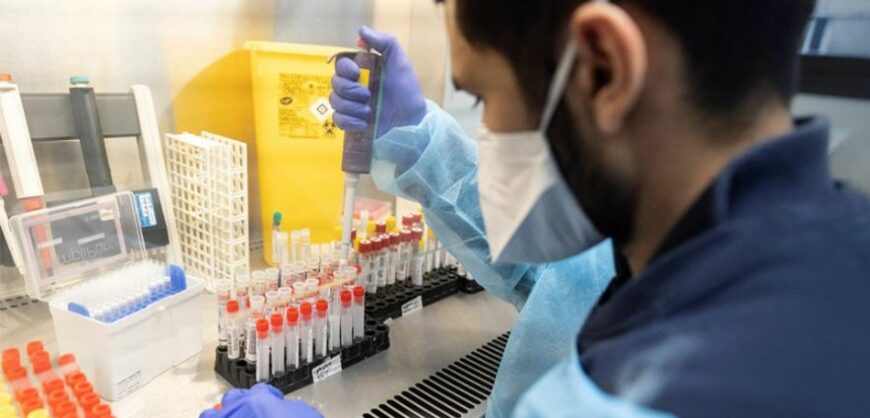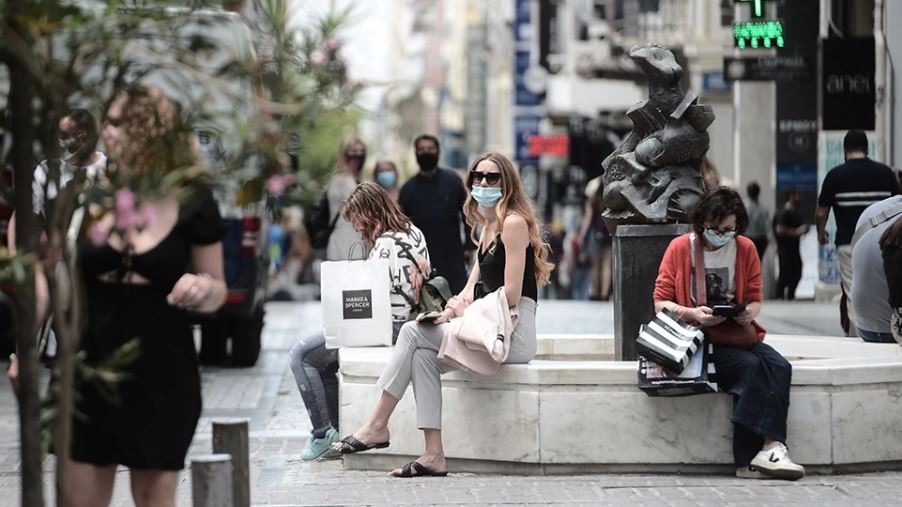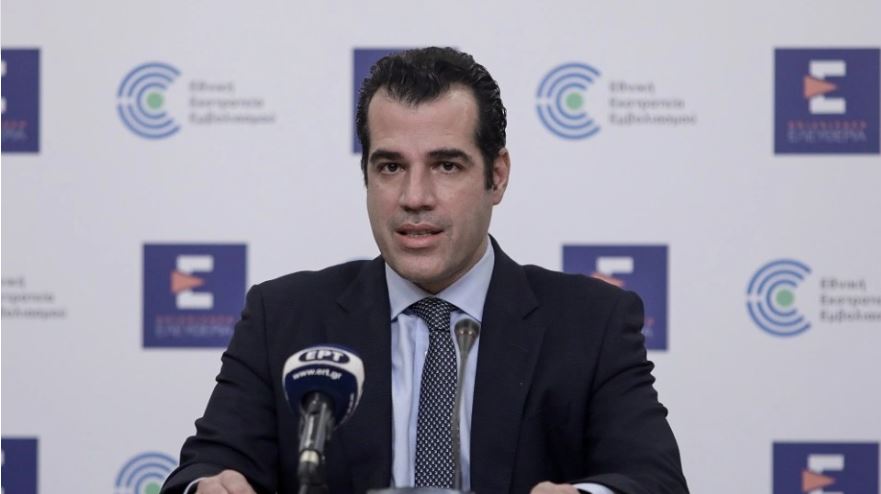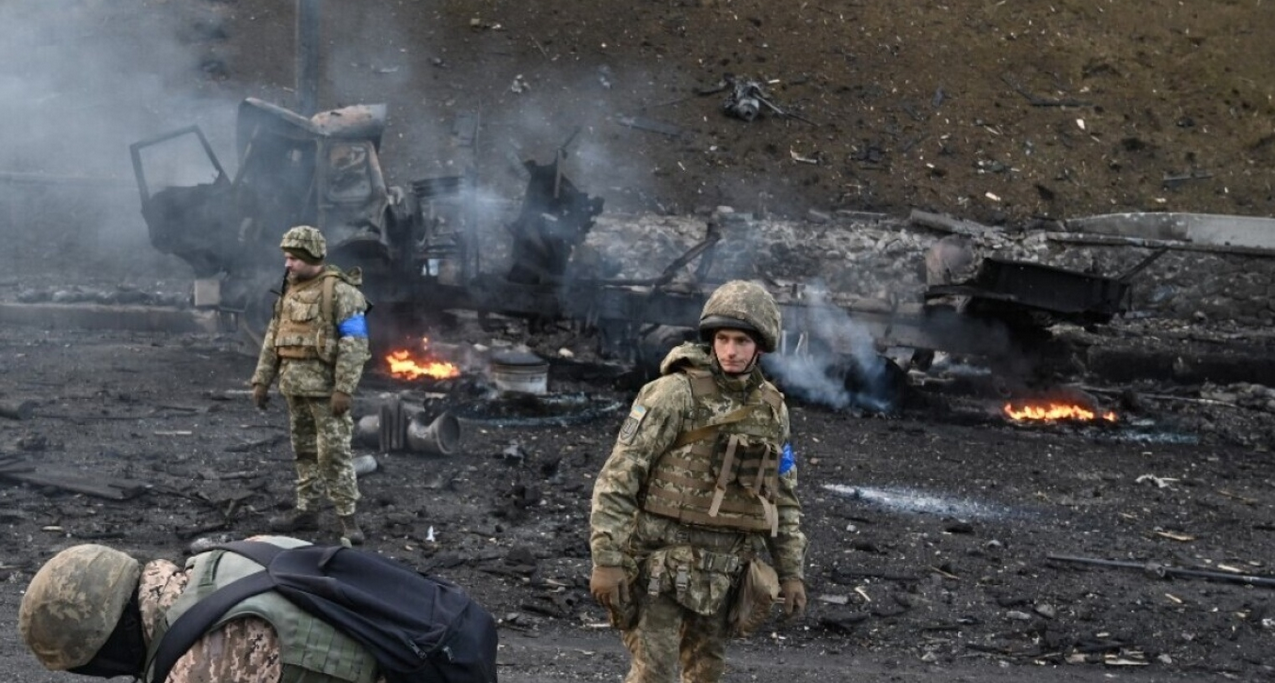The details of the people who should be vaccinated against monkeypox, as well as the vaccines that are recommended to be used, were announced in a statement by the Greek National Vaccination Committee (NVC).
According to the NVC… “Monkeypox virus is related to the smallpox virus, a disease that has been eradicated from the planet since 1980 following a successful global vaccination program. In our country, the smallpox vaccination (vaccination) stopped in the 1970s “.
It is also reported that “there is no evidence that mass vaccination protects against the monkeypox, due to the epidemiological and clinical features of the disease.”
In detail, the announcement states:
The National Vaccination Committee (NCC) in its meeting today examined the existing scientific and epidemiological data regarding the occurrence of monkeypox cases.
Monkeypox is a rare viral disease. It is transmitted by wild animals (mainly rodents) found in areas of Central and West Africa. Rarely, the disease is transmitted from person to person through contact with skin lesions or body fluids as well as through respiratory particles after prolonged close contact over a short distance. The transmission of the disease is low. Recovery from the disease is usually complete within a few weeks as the disease is usually mild and self-limiting.
In our country, smallpox vaccination (vaccination) stopped in the 1970s. People over the age of 50 have probably been vaccinated and are expected to have some degree of protection against monkey pox, despite the fact that the available data do not allow accurate estimates.
Precautions include adhering to personal hygiene measures and avoiding close contact with suspected cases. Relevant instructions have been issued by the National Public Health Organization.
There is currently no specific vaccine against the monkeypox virus, however the smallpox vaccine is expected to provide protection. The European Medicines Agency has licensed the modified smallpox vaccine (Imvanex), which contains live attenuated non-replicating viruses. This vaccine can be given subcutaneously in two doses, 4 weeks apart from the age of 18, as well as in immunocompromised individuals.
also read
China and Russia conducted joint air patrol over the Asia Pacific area




































